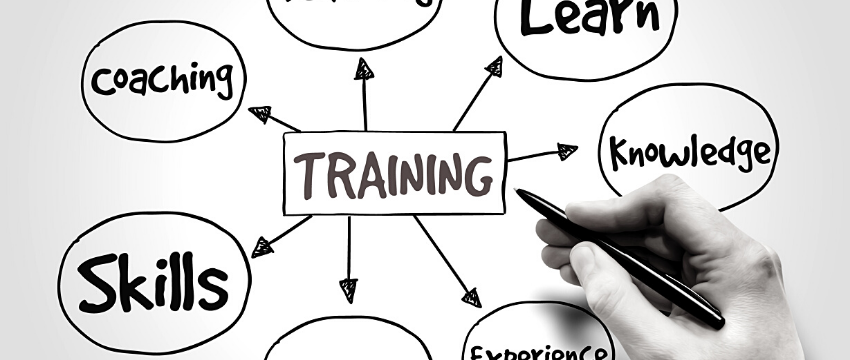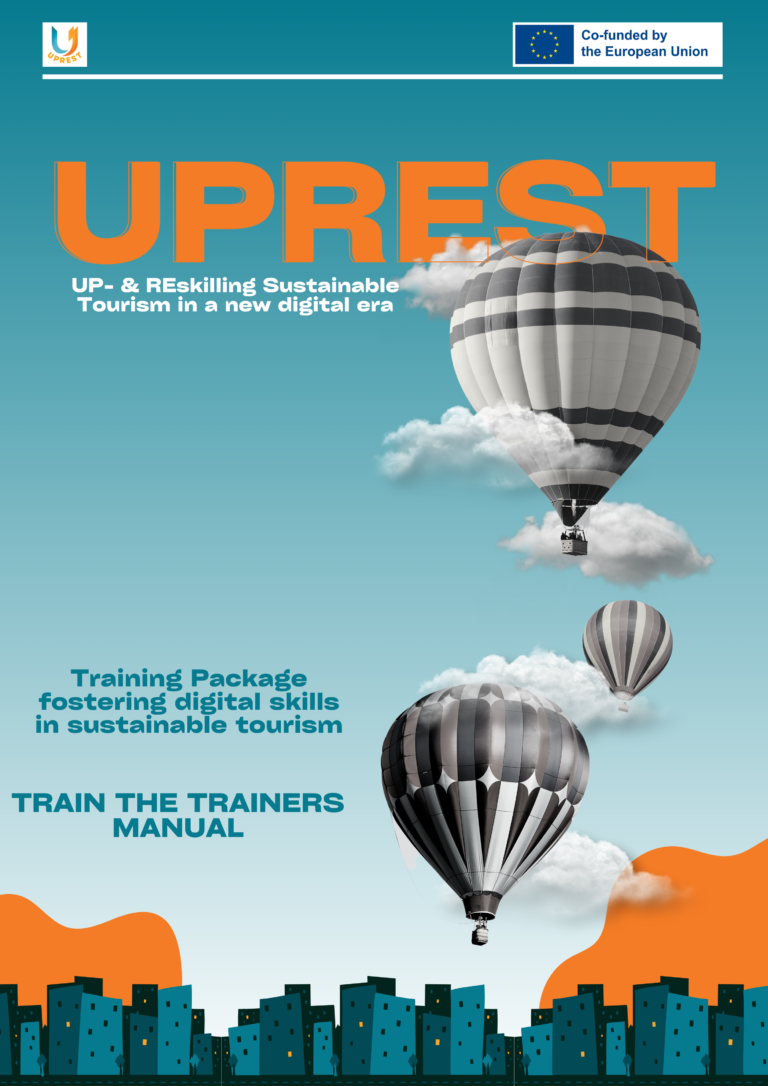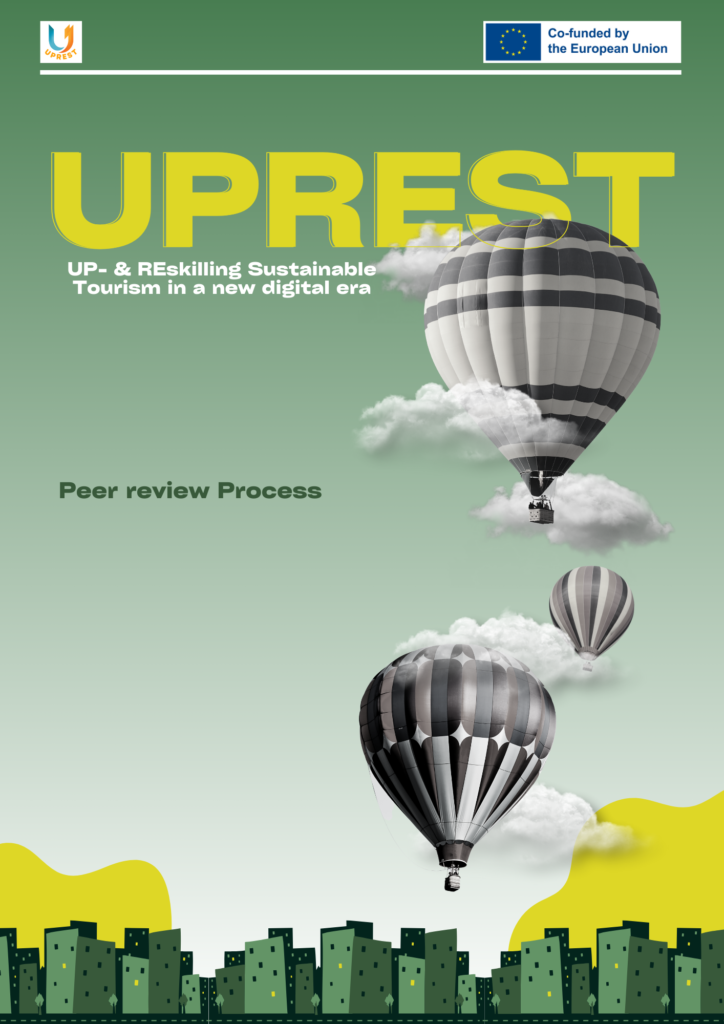You who hold this manual in your hands, or is looking at the manual on our website, is supposedly someone who work with vocational training of professionals in the tourism sector. You want to use this manual to teach professionals on the importance of sustainability in tourism and how to implement eco-friendly practices for tourists. This manual provides you with instructions on how to train staff of travel agencies, hotels, tourist agencies, natural parks, cultural centers, museums, etc.
Nowadays, it is important to up-skill and re-skill employees in digital technologies to achieve the goals of sustainable tourism as defined by the European Union. This manual directly supports local authorities and those who train professionals and civil servants in the tourist sector. The manual should be of help in understanding the benefits of sustainable tourism and the fostering of digitals skills in sustainable tourism.




Peer Review is a form of external evaluation with the aim of supporting the reviewed institution in its quality assurance and quality development efforts. Peer review is a powerful tool for mutual learning. It creates a structured opportunity for organizations to assess one another’s strengths and weaknesses, share best practices, and discuss potential improvements. This process is typically voluntary, reciprocal, and non-judgmental, as the aim is not to criticize but to help both parties grow through shared insights. The process can be based on reciprocity.
An external group of experts, called Peers, is invited to assess the quality of one or more fields of activity of the organisation, such as the quality-of-service provision of individual departments or services. During the evaluation process, the Peers visit the reviewed institution.
Peers are external but work in a similar environment and have specific professional expertise and knowledge of the evaluated subject. They are 2-3 “persons of equal standing” with the persons whose performance is being reviewed.